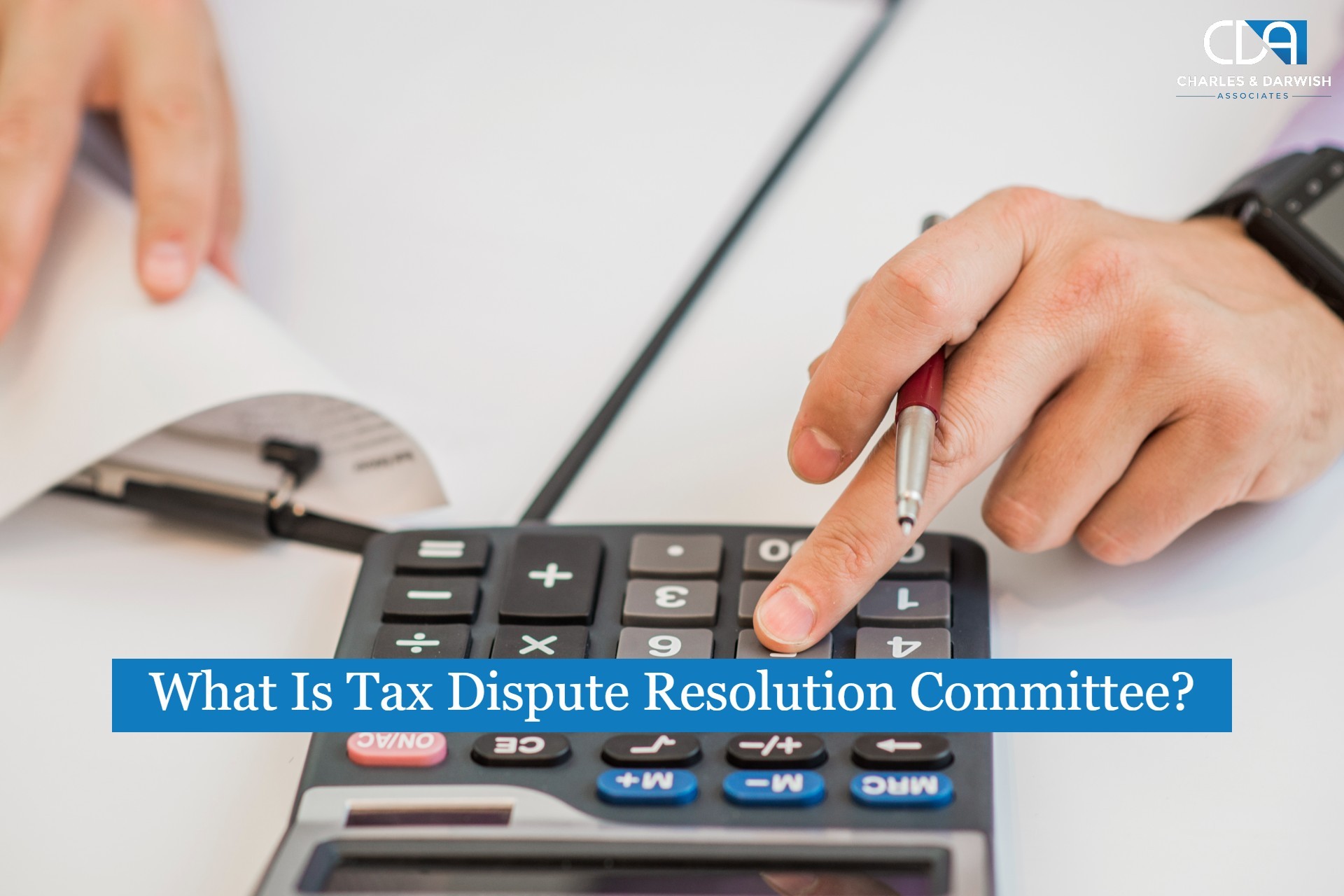Clarification on Maximum Net Interest Rate Cap for Corporate Tax and About Tax Groups
The UAE Ministry of Finance recently announced key provisions related to the calculation of deductible interest expenses under the country's corporate tax regulations. One of the important clarifications provided was regarding the maximum net interest expenditure cap that businesses can claim as a tax deduction.
As per the ministry's 'General Interest Deduction Limitation Rule', the net interest expenditure that can be deducted by companies is capped at the higher of 30% of their adjusted earnings before interest, taxes, depreciation, and amortization (EBITDA) or a 'safe harbour' amount of AED 12 million.
This cap applies to interest expenses incurred by all commercial entities undertaking a trade or business activity in the UAE, except for banks, insurers, and individuals. The rule aims to limit potential tax base erosion through excessive interest deductions. For tax grouping purposes, where a parent company has bank/insurer subsidiaries, their income/expenditure will be excluded while calculating the 30% EBITDA threshold for the wider tax group. This ensures a fair assessment of interest deductibility for diverse business structures.
Additionally, interest incurred on debts prior to December 9, 2022, when the UAE corporate tax law was announced publicly, as well as financing for large infrastructure projects, are exempt from this cap. This provides relief for existing liabilities and encouragement for strategic sectors.
So, in summary, a company's annual net interest expenses can be deducted up to either 30% of its adjusted EBITDA or AED 12 million. This sets an upper ceiling and brings clarity to the tax treatment of debt financing costs as businesses gear up for tax compliance.
You can also read: Mastering EmaraTax: A Step-by-Step Guide for Claiming Direct VAT Refunds
Impact on Businesses and Tax Planning
The interest deduction limitation introduces careful evaluation of debt levels and interest outflows in tax planning decisions. Companies may have to potentially cap their borrowings to optimize the tax shield on interest or assess other funding options. Businesses with relatively high interest outlays will need to closely monitor their financing arrangements and EBITDA performance to stay within the deduction ceiling. Advanced fiscal modeling and forecasting have become important.
While the safe harbour threshold provides leeway for smaller enterprises, mid-to-large firms may benefit from debt restructuring to comply with ratio-based limits linked to profits. This could influence their capital-raising strategies over the long run.
Tax Groups
The UAE Ministry of Finance has clarified the rules for forming tax groups under the corporate tax regulations. According to the new rules, entities that are at least 95% commonly owned can form a tax group by filing the appropriate documents with the Federal Tax Authority.
In order to be eligible for tax grouping, the parent company must own a minimum of 95% of voting rights and shares in each member entity of the proposed tax group. Additionally, all tax group members must be considered residents for corporate tax purposes in the UAE.
Once approved by the FTA, a valid tax group will be treated as a single taxpayer for the calculation of taxable profits and losses. This allows the parent company to submit a single consolidated tax return based on the aggregated financials of all group members.
Importantly, transactions between entities within the tax group can generally be ignored for tax purposes. This eliminates double taxation on inter-company transfers and distributions. Forming a tax grouping brings significant simplification and efficiency to tax compliance for large corporate structures operating through multiple subsidiary companies in the UAE. It reduces administration burdens by streamlining tax filing requirements. As the regulatory requirements for tax grouping are now clearer, companies can carefully evaluate if this structure offers benefits to their specific situation. However, professional assistance is recommended to properly form a tax group and ensure ongoing compliance with tax laws.
You can also read: Tax Group for UAE Corporate Tax
How Can CDA Meet Your Tax Requirements?
In conclusion, while the net interest rate cap brings needed certainty, judicious tax planning remains vital. Professional guidance like that provided by CDA ensures companies capitalize on incentives, meet evolving obligations, and stay compliant without disruptions to operations or finances.
CDA offers end-to-end corporate tax solutions catering to entities of all sizes. Their team of expert advisors and consultants provides guidance on tax registrations, return filing, accounting for tax provisions, and ongoing compliance support. With our proficient team, you can achieve your desired growth and overcome all the tax compliance requirements without any further complexity. To explore more about our services, contact our team now
Image by Freepik
Mark Thompson
Full-stack Developer, Blogger, and Tech Enthusiast.
Mark specializes in digital marketing, SEO, and content strategy.













